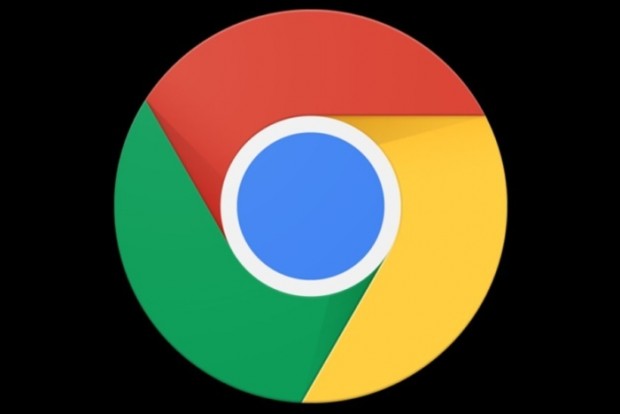Chrome makes power move, suppresses background tabs

Google’s latest upgrade to the Chrome browser began what will be a series of moves over the next several years to reduce the browser’s power consumption by limiting activity in background tabs.
“Starting in version 57, Chrome will throttle individual background tabs by limiting the timer fire rate for background tabs using excessive power,” Alexander Timin, a software engineer on the Chrome team, said in a Tuesday post to a company blog.
Chrome 57 debuted on Thursday, March 9. Some users, however, may not have yet received the upgrade.
Throttling background tabs isn’t new: All browsers do it to some extent, primarily by instructing them to check for a refresh to the pertinent page or app just once each second rather than more-or-less continuously.
With Chrome 57, Google got even more aggressive. According to Timin, the browser will further delay those timers to limit the average processor load to just 1% of a single-core CPU. Tabs that play audio — such as one aimed at spotify.com — and those that must maintain real-time connections, including those for video conferencing, will not be affected.
Timin claimed that the new throttling generated “25% fewer busy background tabs,” although he did not express that in a battery-savings format that, if not more precise, would be clearer to users.
Google has also outlined a longer-term program whose goal is to “suspend background tabs completely.” By the end of June, for example, the Mountain View, Calif. company wants to suspend all tasks in mobile Chrome’s background tabs; at some point next year, desktop Chrome should by default fully pause a background tab after N minutes, but still give web developers the option to keep their apps active when they’re not the front-most tab.
Although browsers once fought it out on speed, as performance equalized makers looked for other ways to trumpet their wares. Power usage, because of notebooks and smartphones as primary surfing tools, became a more important metric. Increasingly, browser developers have expended resources on reducing power consumption, applying tricks ranging from putting background tabs into cryosleep to barring Adobe’s Flash Playerfrom running without explicit approval.
Microsoft, for instance, has been insistent that Edge, the native browser in Windows 10, is more power efficient than Chrome or Mozilla’s Firefox. After one such boast last year, Google shot back with counter claim.
Chrome 57 can be downloaded for Windows, macOS and Li











